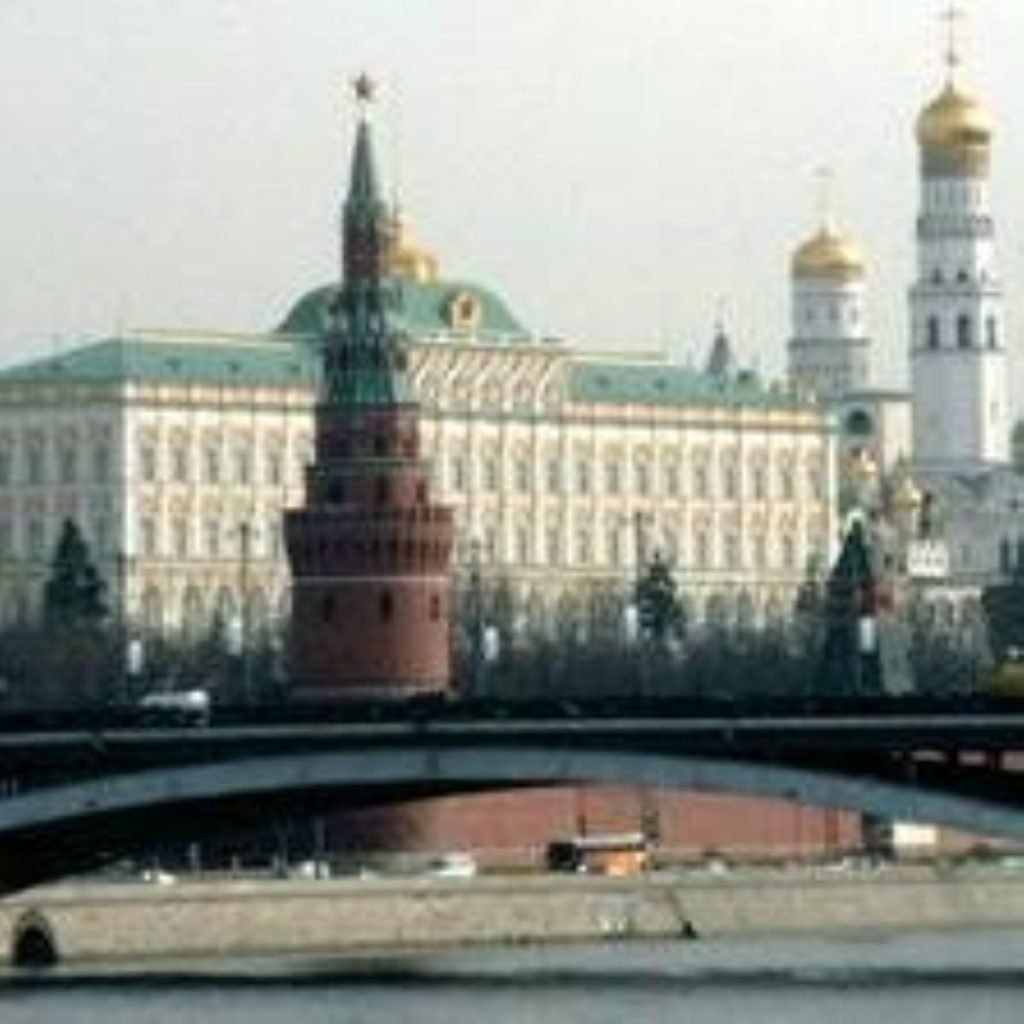Miliband continues UK-Russia standoff
UK-Russian relations took another step backwards today as David Miliband reaffirmed his commitment to the British Council’s future in Russia.
The foreign secretary said he was taking alleged harassment against British Council employees in Russia “very seriously”.
He was responding to reports that Russian government and security service officials had been asked to speak to the organisation’s staff.
The FSB has forced the British Council’s temporary closure in St Petersburg by calling its staff in for questioning.


Yesterday evening FSB officials visited employees at their homes while its St Petersburg head, Stephen Kinnock, was stopped by police on Tuesday night on suspicion of a driving offence.
Today Mr Miliband said the Foreign Office had been receiving “very serious reports of the intimidation and harassment of British Council officials”.
“We take this very seriously indeed, [and] I’ll be meeting the chief executive of the British Council this afternoon to discuss the situation,” he said.
“Any intimidation or harassment is obviously completely unacceptable.”
The British Council has been accused of breaching domestic tax laws and was told to close its Russian offices outside Moscow last month.
Instead of complying British Council staff defied the demands, insisting they had done nothing wrong and would continue their work of fostering cultural understanding.
The Russian foreign ministry described London’s support for the British Council’s position as “an intentional provocation aimed at inflaming tensions in Russian-British tensions”.
Mr Miliband said the organisation’s work was “completely legal under Russian and international law” and added “it is very important to defend the integrity of officials in the work they are doing”.
“Finally, the only losers from any attack on the British Council are Russian citizens who want to use the British Council and the reputation of the Russian government itself,” he continued.
“I very much hope there is still time for the Russian government to find a way to maintain the very important cultural work that goes on between these two countries.”
UK-Russian relations have been strained since tit-for-tat diplomatic expulsions followed the Kremlin’s refusal to extradite the man suspected of murdering former KGB agent Alexander Litvinenko last summer.
Mr Miliband said he had held “productive” discussions on a range of international issues with “very senior” members of the Russian government.









